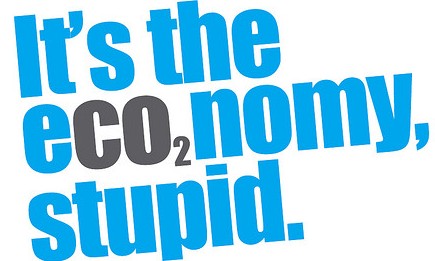Bankers turn from vice to value

“The entire financial industry has lost the confidence of thepeople. How can we change the way we do things and gain it back?,”asked university lecturer and journalist Jeroen Smit at the openingof the “Bank of the Future” seminar. Over 300professionals and social entrepreneurs gathered in Amsterdam todiscuss with 7 Dutch bank CEOs how their industry can become moresustainable, responsible and value-adding.
In his speech, Peter Bakker,
Monetizing externalities
He argued that a solution will neither come top-down fromgovernment regulators nor bottom-up from private activists. “Onlybusinesses have the knowledge, innovation skills and dynamiccapacities to tackle the most pressing issues of our generation.What we need is principal-based leadership by companies that offerradical transparency while engaging with all stakeholders – alsowith the people from Occupy.”
A first step is that enterprises start internalizing the coststhey create for their environment. “Clothing retailer PUMA, forinstance, created a
Design thinking and co-creation
At the seminar itself, innovators had the chance to present
Banks investing client money face many dilemmas, one of thembeing the question of where their responsibility ends and whencustomer risk choice starts. Ruud Schuurs from “The DifferentCouncil” (Dutch:
To implement “The Different Council”, firms pose a question andinvite people from outside their organization to conduct aresearch. The business itself facilitates and accompanies thisprocess while granting access to all information necessary.
Meest Gelezen
Wederom intimidatie van journalisten door universiteit, nu in Delft
‘Burgerschapsonderwijs moet ook verplicht worden in hbo en wo’
Raad van State: laat taaltoets nog niet gelden voor hbo-opleidingen
Vrouwen houden universiteit draaiende, maar krijgen daarvoor geen waardering
Extra geld voor bètafaculteiten is daar nooit terechtgekomen

